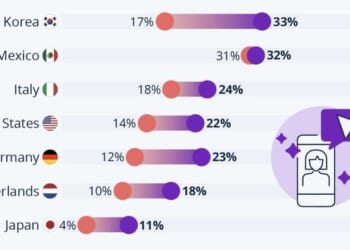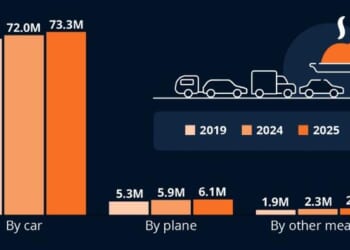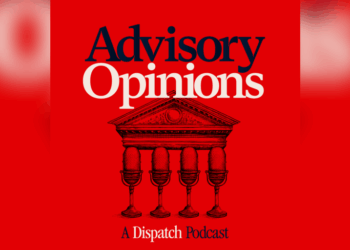Authored by Kristen Waggoner via The Epoch Times,
The ordeal of Finnish Parliamentarian Päivi Räsänen, who just stood trial a third time – after being acquitted twice – for a 2019 tweet in which she simply shared a Scripture verse and her faith-based views on marriage and sexuality, is a warning to all who value the right to speak freely across the world.
When governments claim the power to police opinions, even peaceful expressions of faith can be dragged through the courts.
And now this promises to be a much more pervasive reality in Europe as a result of the 2022 Digital Services Act (DSA). Ahead of the European Union’s review of the DSA, 113 international experts committed to free speech wrote to the European Commission highlighting the law’s incompatibility with free expression, citing the possibility of worldwide takedown orders. Räsänen was a signatory to the letter, alongside a former vice president of Yahoo Europe, a former U.S. senator, and politicians, academics, lawyers, and journalists from around the globe.
The DSA gives the E.U. authority to enforce moderation of “illegal content” on platforms and search engines with over 45 million monthly users. It enables bureaucrats to control online speech at scale under the guise of “safety” and “protecting democracy.”
However, E.U. member states may have different definitions of illegal content. Thus, under the law, anything deemed illegal under the speech laws of any one E.U. member state could potentially be removed across all of Europe. That means the harshest censorship laws in Europe could soon govern the entire continent, and possibly the internet worldwide. And if platforms fail to comply, they face billions in fines, thus providing clear incentive to censor and none to promote free speech.
Late last month, the E.U. announced that Meta and TikTok will face fines of up to 6 percent of their global sales for accusations of violating the DSA on matters related to transparency. But the well-founded fear is that this law—which grants sweeping authority to European regulators to control online speech across such platforms—including X, YouTube, and Facebook—will enable the kind of censorship endured by Räsänen on a global scale.
Further, citizens in countries outside of the E.U., like the United States, are at risk of facing new levels of censorship, because the DSA applies to large online digital platforms and search engines accessed within the E.U. but that have a global presence. It explicitly states its extraterritorial applicability as it covers platforms used by people “that have their place of establishment or are located in the Union, irrespective of where the providers of those intermediary services [the platforms] have their place of establishment.”
Platforms are incentivized to adapt their international content moderation policies to E.U. censorship. If those platforms deem something “illegal” under E.U. rules, that content may be banned everywhere, even in countries with strong free speech protections.
U.S. Ambassador to the E.U. Andrew Puzder warned recently that the DSA threatens to censor American speech online. His warning came just after an admission from Google that Europe’s online censorship laws target American companies.
The U.S. House Judiciary Committee issued a report in July explaining that the DSA “may limit or restrict Americans’ constitutionally protected speech in the United States. Companies that censor an insufficient amount of ‘misleading or deceptive’ speech—as defined by EU bureaucrats—face fines … which would amount to billions of dollars for many American companies. Furthermore, because many social media platforms generally maintain one set of content moderation policies that they apply globally, restrictive censorship laws like the DSA may set de facto global censorship standards.”
Päivi Räsänen of the Christian Democrats campaigns ahead of parliamentary elections in Helsinki, Finland, on April 18, 2015. Lehtikuva/Roni Rekomaa/AFP via Getty Images
French Member of the European Parliament Virginie Joron concurs: “The French digital regulator ARCOM told me they believe the DSA allows them to censor any post anywhere in the world using the DSA. That means even an American citizen posting in Alabama could potentially have their online post taken down, even if the publication would be legal in the U.S.,” she said in a statement.
The DSA creates a censorship industrial complex consisting of an expansive web of outsourced content flaggers, national coordinators, monitoring reporters, and other authorities, with the European Commission at its head. It’s a business model dependent on finding content to censor and inconsistent with the standards of the rule of law. The threat the DSA poses to free speech is real. Resisting it is key to ensuring that its impact is blunted.
Brussels bureaucrats must not be allowed to position themselves as the world’s speech police. For the freedom of all people, we must resist the rise of a global censorship regime so that what happened to Räsänen doesn’t become the new online norm.
Views expressed in this article are opinions of the author and do not necessarily reflect the views of The Epoch Times or ZeroHedge.
Loading recommendations…


















